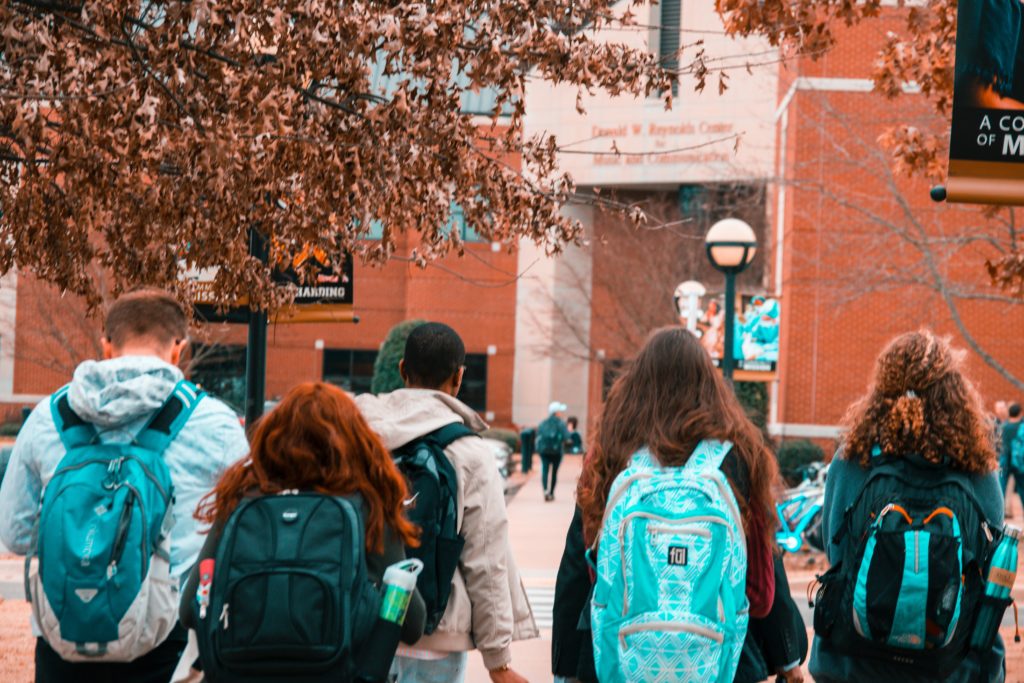By Sharon Schweitzer
- Respecting Cultural Differences: Currently, students with diverse backgrounds share the virtual as well as the brick-and-mortar classroom. With openness, teens can learn from each other and create an inclusive community.
- Greetings and Handshakes: When meeting teachers, administrators, and parents, teenagers need to be confident and introduce themselves with their first and last name. Also, respond to any offers to shake hands because these skills develop leadership and instill self-confidence.
- Engaging Conversations: High school students must know how to hold a conversation with adults, such as administrators, teachers, and their friend’s parents. Avoid using devices after school and during meals. Engage in dialogue with others about sports, books, movies, and class content.
- Personal Conversation and Interaction: Beyond online messaging, face-to-face interaction continues to be important. Although high school students are connected through their devices, developing interpersonal expertise and social graces as a teenager are essential life skills.
- Mobile Devices: Campus and the classroom are focused on education. Technology is secondary. When teenagers spend quality time with others, it is time to stash the device out of sight and remove earbuds. Practice skills such as making conversation, eye contact, and active listening.
- Photography: When taking a selfie, teens can balance not just how and when to use the camera, but who to include. First, ask if it is okay to snap a photo. Secondly, if you are in the frame, speak up if you do not want to be included. Follow the campus rules on phone usage.
- Avoid Ghosting: Be kind to others and avoid ghosting. Responding to poor manners with more bad manners is not the answer. If you are ghosted, take the high-road, and move forward without retaliating.


Leave A Comment